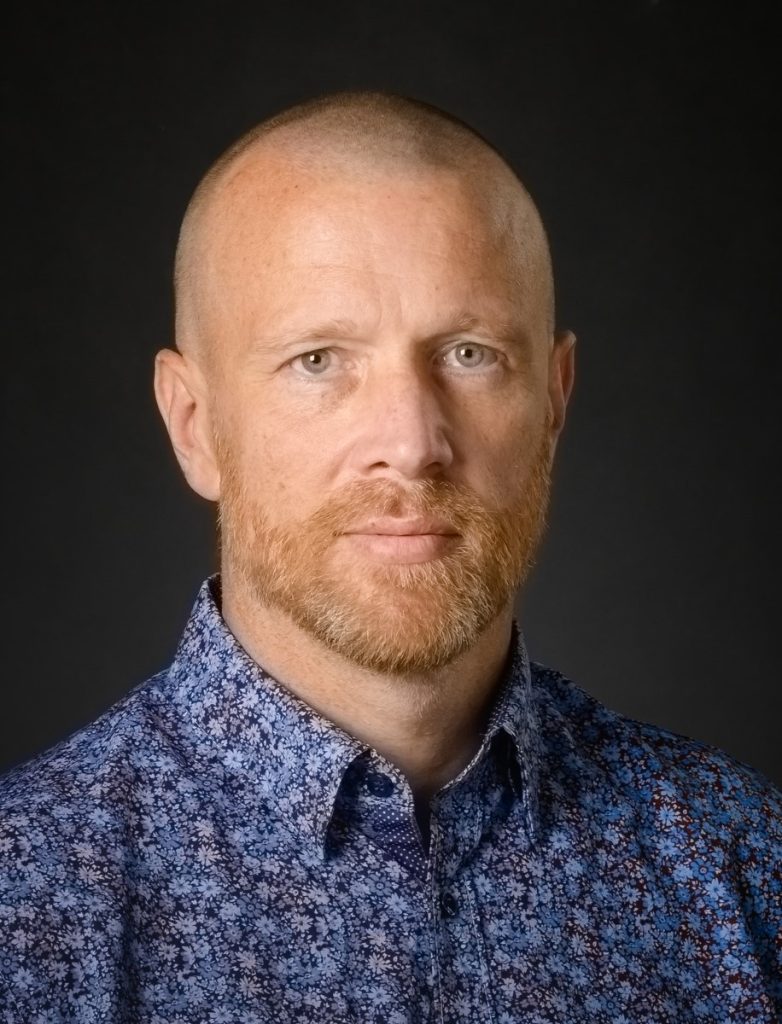- 2022-06-15
- Blog
The weight of command

Generals and chief warrant officers get sick too. They break bones. They have mental health issues just like the rest of us. That’s why it’s important to talk about the pressures of being in charge during duress, or as I’m calling it, the “weight of command.”
There were times on my earlier deployments when I received instructions and wondered what the originator of that plan was smoking. I then had the experience on a later deployment of being part of the crew waiting for information as one of our teams was in potential contact with an adversary. It was not a good feeling. I prefer being out there versus being back and wondering how our plan is going to impact real lives. The feeling of waiting to see if your team makes it out all right, it’s much the same as the feeling in the waiting room for a birth or a surgery. You know quality people are working the issue, but you can’t influence anything from your position. Those are some long minutes.
I also think back to the times when we were just starting to pay attention to mental health, and learning as we went along. It was something we paid attention to in the troops. It was something we taught and we reminded them that we were here for them. Door open. Come on in. The problem was often that it was us behind the desk who had the problems. The members in the Sergeants’ Mess, charged with looking over the younger ones, were often the people most in need of help and when I recognized that, I saw it in the Officers’ Mess, as well.
In my work after the military, I got to know a few generals and high-achieving chief warrant officers. More than I knew when I was in the Canadian Armed Forces (CAF). I can tell you that these folks feel pain too. And so do the padres and doctors of the CAF. Often, the team of those who combine to look after the troops carry the burden of what happens to those troops. Those that had to wait in the tactical operations centre for word on how the mission they ordered went, or ordered a left turn on a T-junction instead of a right. They are the ones who carry the weight of command.
Looking back, I know why I didn’t seek help at the time. I felt that struggling with the weight of command was part of my penance in life. That it’s the job of people that make decisions and get paid accordingly to live a life bearing the weight of them.
I get that this thinking is backwards, but it’s how it was. I know there are folks still in that frame of mind, but I can’t tell them that I did something I didn’t do. If I could say something that would leave them with hope, maybe it is that part of hope comes from just being able to name the issue. The rest will follow.

Brian McKenna, Warrant Officer (Ret’d)
National Strategic Advisor, Veterans
Atlas Institute for Veterans and Families

